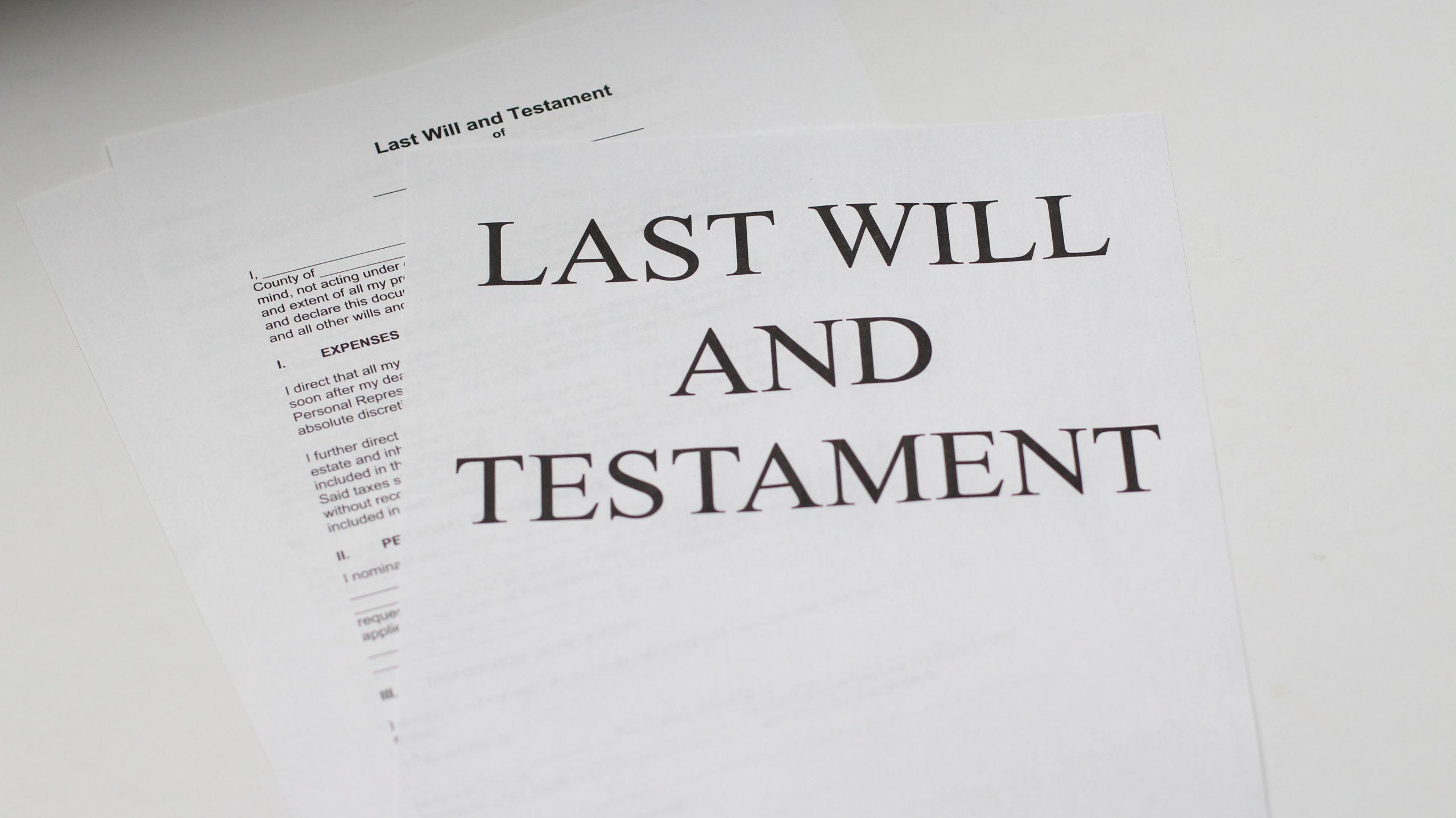Thinking of writing a will? Here are 3 ways you can leave a God-honouring legacy
by Gracia Lee // November 17, 2021, 11:07 pm

Photo by Melinda Gimpel on Unsplash.
If we were to distribute our estate today according to what was practised in the Old Testament, our children would most definitely not be too happy.
In those days, the firstborn received a double portion (Deuteronomy 21:15-17) and daughters were not entitled to anything unless the deceased had no sons (Numbers 36:1-9).
While our modern society today no longer operates the way Ancient Israel did, this does not mean that we have nothing to learn from the Bible about how to apportion our assets when we die, said Steven Cheong, a lecturer on financial stewardship at Tung Ling Bible School.
Speaking at last month’s N5 (Nehemiah 5) Conference, he laid out some guiding principles – which he clarified were by no means exhaustive – for how we can steward our resources well even after we leave this world.
1. Impart godly wisdom to our children
Given that everything belongs to God and we are merely stewards of what He was entrusted to us, it is only right to ensure that the inheritance we leave our children is managed and stewarded God’s way.
“Without godly wisdom, our children will be prone to squander, waste and foolishly use the inheritance,” said Steven, and it would be a mismanagement of God’s money on our part to bequeath it to them.
We must teach them God’s Word on how to manage money and assets (Proverbs 22:6). “Only then can they be given the responsibility of managing money as godly stewards,” he said.
2. Ensure our children’s inheritance is a blessing, not a curse to them
The Bible says that a good man leaves an inheritance for his children’s children (Proverbs 13:22). But when we give our children too much money at once upon our death, it can be a “recipe for disaster”, said Steven.
When we give our children too much money at once upon our death, it can be a “recipe for disaster”.
“It could damage our children’s character, take away their incentive to work, make them presumptuous, undermine their trust in God and tempt them to live in luxury, just to name a few,” he added.
He suggested managing this by blessing them when they need it the most, such as when they are ready to buy their first property, or by staggering the distribution of money so that our children do not receive all the money at once.
He also advised individuals with younger children to appoint trustees for the inheritance, so it is clear who will take responsibility to ensure their children are supported through their education.
3. Think and pray about how we can build God’s Kingdom
Imagine you had a financial adviser to whom you entrusted your money to manage and invest. Upon his death, he distributed all you had entrusted to him to his own children. How would you feel about that?
“If we distribute what God has entrusted to us solely to our children, we are imitating what the financial advisor has just done. This is exactly what it will be if we forget that we are mere stewards without any entitlement or right, and distribute God’s assets in our charge in whatever way we wish,” said Steven.
“As God’s stewards, we must prayerfully ask God how he wants us to bequeath the assets He has entrusted to us and to act in obedience to His will,” he added.
He urged participants to think about what church or faith-based organisations they can include in their will, and how they can be a blessing to the poor and needy with the money they leave behind.
Radical giving
Sharing from his own experience, Steven said he and his wife spent nine months of “prayerful consideration” before they wrote their wills.
(He added that apart from writing a will, it is also good planning to do a lasting power of attorney and an advanced medical directive.)
In the end, they decided that they would not leave what was “more than necessary” to their three adult children, who are all degree-holders and have “fairly good jobs”, said Steven.
“As God’s stewards, we must prayerfully ask God how he wants us to bequeath the assets he has entrusted to us.”
Even so, they stipulated that the distribution of this inheritance be staggered, such that their children would receive half of the amount at a certain age, and the other half at an older age.
“We did this because we felt they would not be mature enough to manage all the money that we gave to them, and we wanted them to grow in their maturity before we part with what is in our will for them,” he said.
“We want them to work hard, to have a work ethic, and this is what we communicated to them,” he added.
The bulk of their possessions are willed to several faith-based organisations, specified by their Unique Entity Number (UEN), and are held in a trust, which will be managed by their children after they die, he said.
How they have apportioned their assets in their wills is no different from how they use their money now. This year, Steven and his wife gave 29% of their income to God’s work, supporting missionaries, the church, orphans and other faith-based organisations.
He said: “More than 20 years ago, my wife and I recognised that (just) giving the tithe would be irresponsible. It is not sufficient. As God has blessed me bountifully, I ought to give more.”
MORE STORIES FROM THE N5 CONFERENCE:
Banking head honcho now works with villagers and ex-convicts
Three biblical wealth secrets families miss: Pastor Craig Hill
We are an independent, non-profit organisation that relies on the generosity of our readers, such as yourself, to continue serving the kingdom. Every dollar donated goes directly back into our editorial coverage.
Would you consider partnering with us in our kingdom work by supporting us financially, either as a one-off donation, or a recurring pledge?
Support Salt&Light



